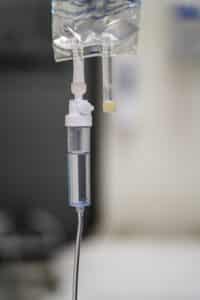I noticed they used an objective outcome indicator* - interesting to see the raw data --- is it available/has anyone had a look at it?
*"Secondary endpoints included: ---- (ii) FitbitTM metrics (activity, HR, and sleep), continuously monitored throughout the trial;---"
@Jonathan Edwards has highlighted actimetry as a possible research area** - an actimetry study would also help to establish objective outcome criteria for studis like this.
**"When I acted as MRC advisor this recent time around the GWAS project was the one thing that looked worthwhile, apart from maybe some actimetry studies." [https://www.s4me.info/threads/georg...e-bps-and-long-covid.20126/page-4#post-319043]
*"Secondary endpoints included: ---- (ii) FitbitTM metrics (activity, HR, and sleep), continuously monitored throughout the trial;---"
@Jonathan Edwards has highlighted actimetry as a possible research area** - an actimetry study would also help to establish objective outcome criteria for studis like this.
**"When I acted as MRC advisor this recent time around the GWAS project was the one thing that looked worthwhile, apart from maybe some actimetry studies." [https://www.s4me.info/threads/georg...e-bps-and-long-covid.20126/page-4#post-319043]





